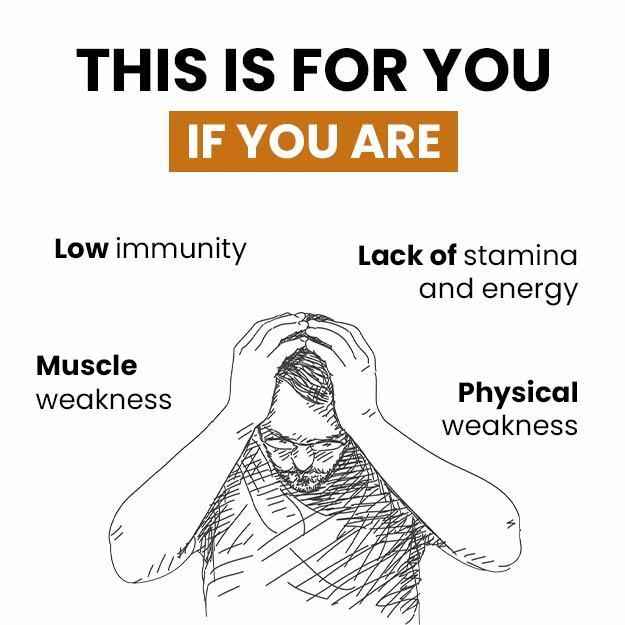Chronic fatigue syndrome (CFS), also known as myalgic encephalomyelitis (ME), is a medical condition characterized by extreme fatigue which cannot be attributed to an underlying illness or condition. Another name for this condition is systemic exertion intolerance disease (Seid), and it can worsen with physical or mental activity. The condition is diagnosed after the symptoms persist for six months or more.
While there isn't any established reason behind the occurrence of this disease, there are several theories about the potential causes of CFS. Common theories behind the causes of CFS include viral infections, psychological stress as well as a combination of other factors.
Women are 1.5 to two times more likely to be affected by this disease than men. And while CFS has been seen in children, it is more common between the ages of 40 and 50.
CFS is known to cause significant morbidity around the world, with the United States reporting at least a million cases. A "Systematic review and meta-analysis of the prevalence of chronic fatigue syndrome/myalgic encephalomyelitis (CFS/ME)" published in the Journal of Translational Medicine in February 2020 showed that 0.89% of the world's population has CFS. Another study, "Chronic fatigue in developing countries: population based survey of women in India", showed that factors such as sexual violence by the husband and poor mental health are linked with CFS in Indian women.
Although there is no known cure for this condition yet, symptomatic management and conservative treatment methods are used to relieve the symptoms. Another difficulty while living with the disease is that its symptoms do not go away with rest.
While there isn't a single test to diagnose CFS, a variety of tests are usually performed to arrive at the right clinical conclusion. However, a 2019 study done by a team at Stanford University developed a technique that could measure the electrical responses of cells through a blood test.

 Doctors for Chronic fatigue syndrome (Myalgic encephalomyelitis)
Doctors for Chronic fatigue syndrome (Myalgic encephalomyelitis)  OTC Medicines for Chronic fatigue syndrome (Myalgic encephalomyelitis)
OTC Medicines for Chronic fatigue syndrome (Myalgic encephalomyelitis)


































